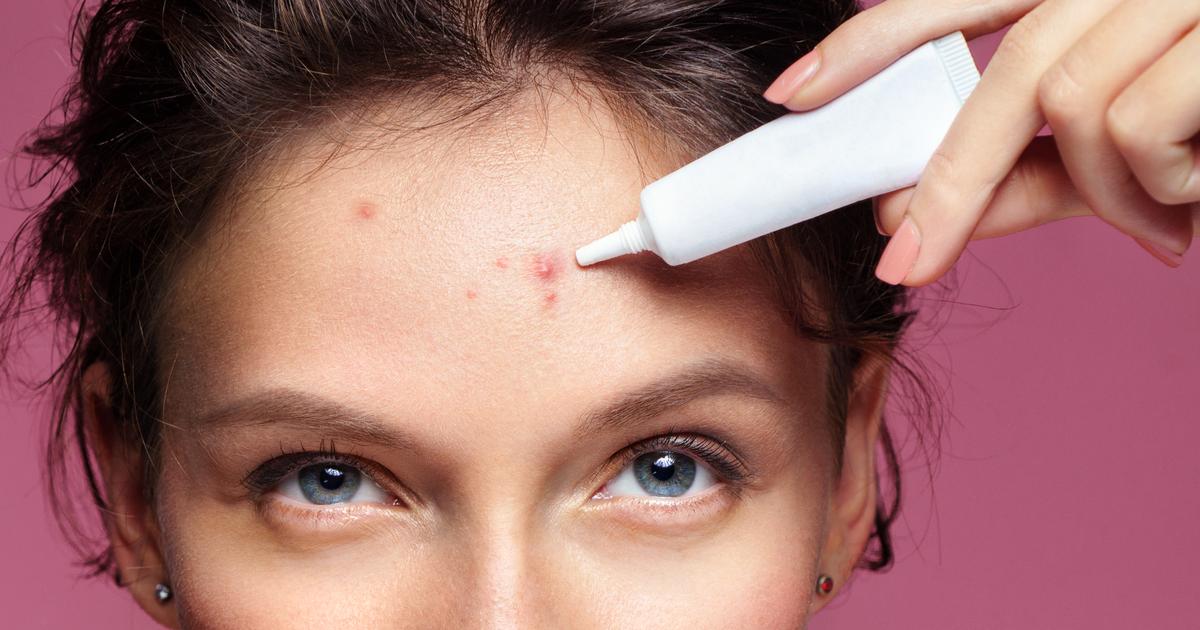How Exfoliation Boosts Skin Health
Exfoliation is a process that removes dry, dead skin cells from the surface of the skin. It can be performed with mechanical devices or with the use of chemical products. Many individuals choose to make exfoliation part of their weekly at-home beauty routine, and exfoliation can also be performed by dermatologists with the use of in-office chemical peels and microdermabrasion. To avoid skin damage, experts suggest patients exfoliate only once or twice per week.
Ideally, patients with sensitive skin should use products specifically formulated for their skin type, and this is especially important when exfoliating the face. Depending on the exfoliation method and the strength of the chemicals involved, skin redness or peeling may occur shortly after the exfoliation. Patients can consult with a dermatologist about the safest exfoliation methods and products for their skin type, and any skin changes or concerns should be reported to a healthcare professional.
Unclogs Pores And Prevents Acne

Exfoliation unclogs pores and prevents acne by removing dead skin cells. If not removed, dead skin cells can cause pores to become blocked. A blocked pore will appear larger than an unblocked pore, and pore blockages contribute to the development of both blackheads and whiteheads. When exfoliating for acne prevention, experts recommend following up with a light moisturizer to prevent skin dryness. It is also important to exfoliate no more than twice a week. Facial scrubs specifically formulated for acne prevention and treatment are ideal for exfoliation, and patients may want to experiment with different ingredients to see which product works best for their needs.
An acne breakout can sometimes leave dark, discolored marks on the skin, and exfoliation typically helps remove this discoloration as well. If acne breakouts do not improve after regular exfoliation and use of over-the-counter products, patients could consider seeking help from a dermatologist, who can provide stronger exfoliation and medication that helps clear the skin.
Evens Out Skin Tone

Some individuals have areas of skin that are naturally redder, rougher, or drier than other areas, and these differences in skin tone and texture are often especially noticeable on the face. Exfoliation evens out skin tone by washing away the oldest layer of dead skin cells, and this can make skin smoother. The appearance of fine lines and wrinkles can also be minimized with exfoliation, and the skin will feel softer. Patients who are looking to exfoliate for an even skin tone could consider light chemical peels or microdermabrasion.
A licensed esthetician or dermatologist can help with finding the most appropriate exfoliation technique, and exfoliation may be combined with laser treatment in some cases. To maximize the evenness of skin tone, patients are encouraged to moisturize regularly. Applying serums and other skincare products after exfoliation will increase the effectiveness of these products. In particular, patients who use sunless tanning products are encouraged to exfoliate before applying these so an even product application can be achieved.
